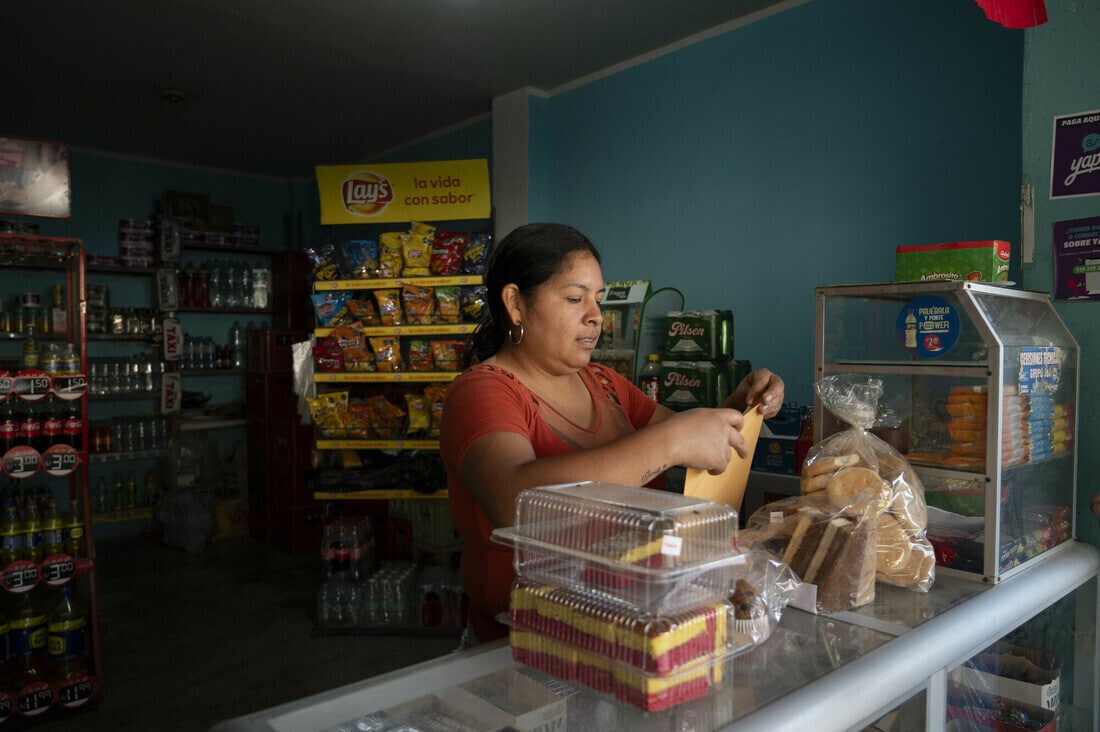How can we build collaboration in the classroom?


Get involved with our crowdsourced digital platform to deliver impact at scale
Stay up to date:
Hyperconnectivity
In recent years, legislative mandates in Colorado have instituted massive changes in what students learn, how teachers teach and how teachers and administrators are evaluated. At Archuleta School District—a rural district of about 1300 students, located in the San Juan Mountains in Pagosa Springs, Colorado—we recognize that preparing all students to be college and career ready by the time they leave high school means that we must respond in new and different ways that support our students AND our teachers.
Our district was fortunate to be selected as part of the Integration Project—a collaborative effort with 12 other districts supported by the Colorado Education Initiative and the Colorado Department of Education through a grant from the Bill & Melinda Gates Foundation. Through this project, teachers and administrators worked together to implement new ways of teaching, learning and evaluating that have put the district out in front, despite challenging economic and political times.
Our journey began in 2010 and has radically changed the way our students and teachers approach learning. The shifts that have occurred as a result of implementation of the Colorado Academic Standards (CAS) have led to a culture of problem solving. It’s no longer enough to have information. Students are applying what they learn in real life situations. And our teachers are able to teach differently, due to extensive training and coaching they received as part of the project. All of this was possible because people worked collaboratively across schools, districts and communities.
We saw that collaboration built trust. In a speech at the Colorado Association of School Boards conference in Colorado Springs, Vicki Phillips emphasized the importance of trusting our teachers—something we believe is paramount in this journey. Sabra Miller, a high school math teacher in Pagosa Springs, joined three colleagues from other schools around the state in a conversation with Vicki after her opening remarks. Sabra shared her thoughts about how her classroom changed after engaging in the Integration Project and summed up the changes: “My students did more than I ever thought they could!”
The student-teacher relationship is critical if schools are going to improve the quality of learning for our students. Teachers like Sabra understand that and go out of their way each and every day to develop those relationships. All the research supports the premise that the single most important factor in a student’s success in school is a trusting, caring relationship with an adult mentor—someone who believes in them and shows them the way. With more than half of our students coming from an impoverished background, this becomes even more critical.
We also learned that it takes time to institute these huge changes. Even after three years of intensive support, we feel that we have only begun to see the changes taking place on a large scale. Asking people to consider changing long held beliefs takes time, trust and support. So we have identified peer coaches who work alongside their colleagues and give critical feedback. Our teacher liaison Doug Hershey has been an integral part of this process. He has created a blog that approaches the changes with humor that gets teachers and administrators alike talking.
Our journey hasn’t always been easy, but it has been worth it. I believe we are engaged in the right work at the right time for all the right reasons—our students!
This article is published in collaboration with Impatient Optimists. Publication does not imply endorsement of views by the World Economic Forum.
To keep up with Forum:Agenda subscribe to our weekly newsletter.
Author: Linda Reed is Superintendent at Archuleta School District
Image: Joy Cheng, a foreign exchange student from Taipei, Taiwan, listens to her junior high science teacher at Grant-Deuel School in Revillo, South Dakota. REUTERS/Jim Young
Don't miss any update on this topic
Create a free account and access your personalized content collection with our latest publications and analyses.
License and Republishing
World Economic Forum articles may be republished in accordance with the Creative Commons Attribution-NonCommercial-NoDerivatives 4.0 International Public License, and in accordance with our Terms of Use.
The views expressed in this article are those of the author alone and not the World Economic Forum.
Related topics:
The Agenda Weekly
A weekly update of the most important issues driving the global agenda
You can unsubscribe at any time using the link in our emails. For more details, review our privacy policy.
More on Education and SkillsSee all
Jeff Maggioncalda
June 21, 2024
Chun Yin Mak
June 18, 2024
Rahmin Bender-Salazar, Breanne Pitt and Christian Roth
June 13, 2024
Mark Muckerheide
May 21, 2024






